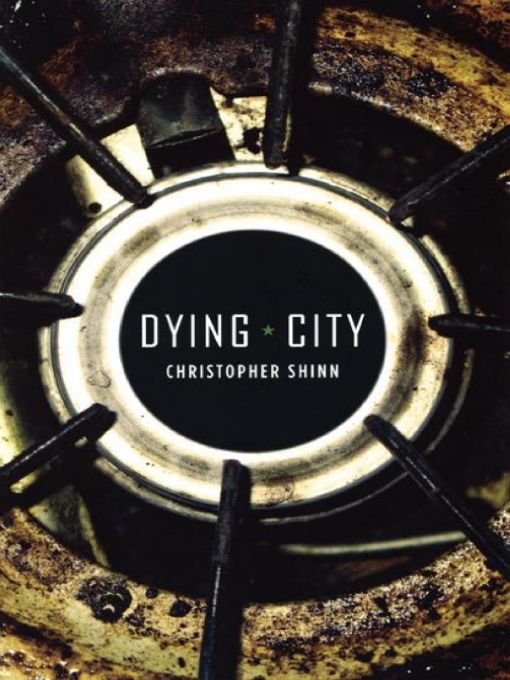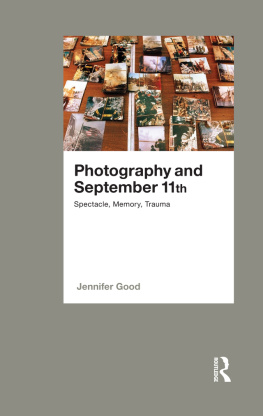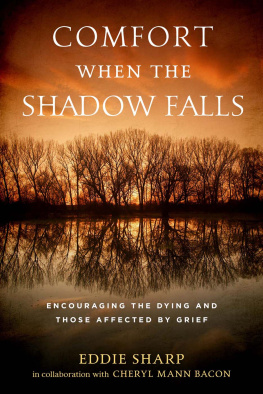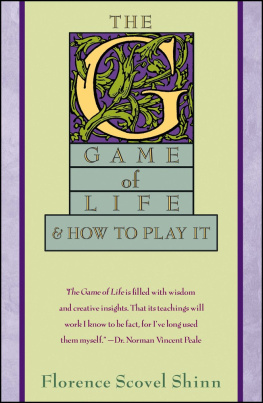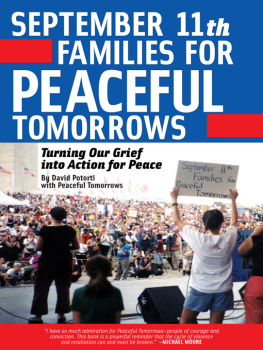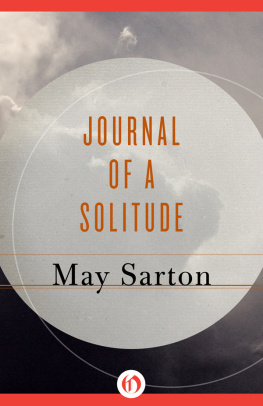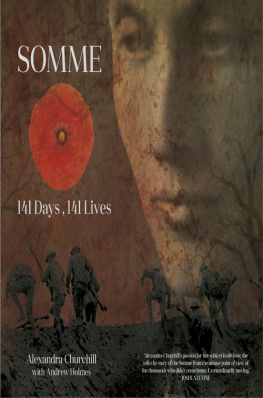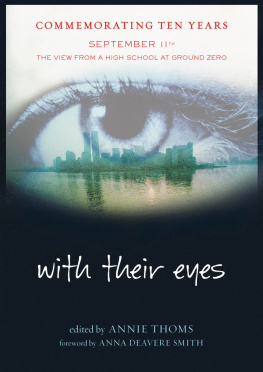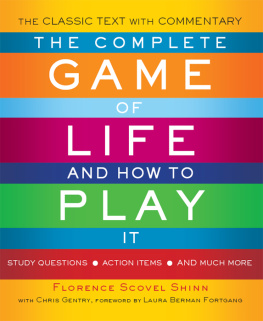Table of Contents
Shinn stands apart among American playwrights when it comes to fusing the political and the personal into a landscape so charged its almost scary. Dying City posits a grievous, very definite familial war, and its hard not to relate Mary Tyrones great remark to the effect that the past is present... the future too to Shinns own sense of the collapsibility of time, as borne out by a structure in which past and present bleed achingly into one another, and give scant hope for the future. Shinns mournful framework ultimately comes to rest with the damning realization that the war is who we are.
MATT WOLF, Broadway.com (London)
Dying City is a play about the war that doesnt have to keep telling us its about the war. Rather, the play homes in on one familys fractures to reflect the larger chaos of the war... It confronts us with some essential causes of war: the ways in which flawed, wounded individuals who do not find ways to heal their pain may find themselves inflicting fresh wounds on a more universally devastating scale. So while the title Dying City may sound overblown for a two-actor piece set in a single room, by the end of its intense ninety minutes the play feels large enough to have earned the title of Dying World.
LOUISE KENNEDY, Boston Globe
Dying City is a taut series of short, intense scenes that build on each other to form a surprising and devastating picture of personal ruin. Shinn reveals a complex web of truths, lies and delusions involving the characters feelings about the Iraq war and about themselves and one another. Dying City is a superb example of the compelling drama that awaits those willing to abandon their television remotes and enlist for the emotional war zone that is live theater at its best.
ORLA SWIFT, News & Observer (North Carolina)
In Dying City, everything seethes with subtext... Shinn writes nicely understated menace well; he knows how people play people. Dying City is always gripping.
GILBERT WONG, Metro Live (New Zealand)
Dying City has a remarkable reach. It pokes its nose into family dynamics and the puzzles were left with when people disappear from our lives, even as it probes the consequences of a faraway war for those back home. Shinn is skilled at the betraying pause, and the gaps between words are packed with meanings, unspoken questions and distress. Your thoughts about Shinns creations just keep piling up.
MAXIE SZALWINSKA, Metro (London)
Dying City is an absorbing drama about grief, power struggles and violence. With war as a backdrop, Shinn fixes his gaze on the tiny, escalating combat between Kelly and Peter, and, with forensic precision, gradually reveals Kelly and Peters stark, shifting perspectives as they deal with their loss. Shinns exploration of brutality, deception and the minefield of love is crafted with great economy and restraint.
BRYCE HALLETT, Sydney Morning Herald (Australia)
Dying City is a fragile and slow-boiling study of wartime grief and nonclosure. Silence spotlights Shinns power as a dramatist, not least of which is his mastery of subtext and the small but eloquent gesture. The drama is mostly quiet and understated, of a work that has been crafted with evident care and intelligence.
DAVID COTE, TimeOut New York
Since the Twin Towers fell, plays which draw comparison between how we live and how we wage war have been thick on the ground. Few have been as good as this compact and profound two-hander from American playwright Christopher Shinn. The topics covered are varied: war, relationships, acting. But at the heart of every conversation is violencehow it infects our lives and separates us.
KIERON QUIRKE, Evening Standard (London)
Dying City is a remarkable tale of loss. It is personal, intimate even, yet its themes could not be more all-encompassing and its emotional impact more affecting. In this subtle and revealing play, Shinn is able to take the political and humanize it, transforming the stuff of daily news stories into a devastating statement on the unforeseen and often hidden consequences of war.
MICHAEL KUCHWARA, Associated Press
Shinn is a gifted dramatist... Most political plays go for the punch of anger, but in Dying City, an achingly compassionate play, Shinns achievement is to have written a drama of rare delicacy in which politics are not in the characters mouths, but in their circumstances and lives.
DAVID BENEDICT, Variety
BOOKS BY CHRISTOPHER SHINN PUBLISHED BY TCG
DYING CITY
WHERE DO WE LIVE AND OTHER PLAYS
Includes:
Four
Other People
What Didnt Happen
The Coming World
Where Do We Live
For E &L
ACKNOWLEDGMENTS
For their contributions to the development of this script, I owe profound thanks to Emily Bergl, Andr Bishop, Sian Brooke, Rebecca Brooksher, Walter A. Davis, Ben Kessler, George Lane, James Macdonald, Luke Macfarlane, Ian Rickson, Pablo Schreiber, Andrew Scott, Sarah Stern, David Turner and Graham Whybrow.
PRODUCTION HISTORY
In May 2006,
Dying City received its world premiere by The English Stage Company at the Royal Court Theatre in London. It was directed by James Macdonald; design and lighting were by Peter Mumford. The cast included:
| KELLY | Sian Brooke |
| CRAIG/PETER | Andrew Scott |
In March 2007,
Dying City received its U.S. premiere at Lincoln Center Theater (Andr Bishop, Artistic Director; Bernard Gersten, Executive Producer) in New York. It was directed by James Macdonald; sets and costumes were by Anthony Ward, lighting was by Pat Collins, sound was by Aural Fixation; the stage manager was Roy Harris. The cast included:
| KELLY | Rebecca Brooksher |
| CRAIG/PETER | Pablo Schreiber |
CHARACTERS
Kelly, late twenties
Craig, late twenties
Peter, late twenties
Craig and Peter are identical twins and played by the same actor.
TIME
The play takes place in July 2005 and January 2004.
NOTE
No interval; blackouts should be avoided; sound between scenes should not be over-designed. The play takes place in Kellys apartment: a combined living room/kitchen is visible; doors lead to a bathroom and bedroom off. I imagine a design that lives in naturalism but suggests something beyond it. Ive kept stage directions to a minimum, omitting obvious actions, in an attempt to avoid clutter.
Dialogue in the play often overlaps. A slash in the text ( / ) indicates where the character who speaks next begins.
A lie sweet in the mouth is sour in the stomach.
Aeschylus,The Oresteia
Translated by Ted Hughes
Night. Kelly sorts through books. A cardboard box sits next to the couch. TV plays Law and Order. A bedsheet and pillow are scrunched up in the corner of the couch.
The buzzer buzzes.
KELLY

